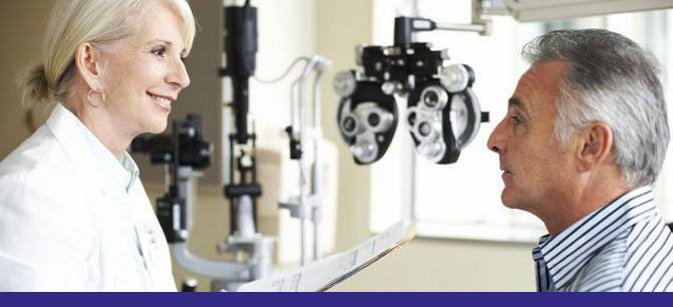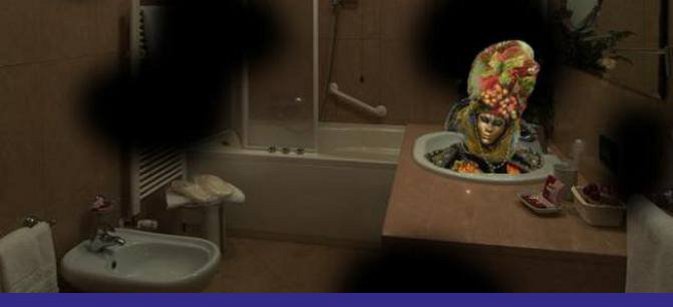Ethnicity
There is a paucity of cross-cultural empirical studies to date. Scientific investigations of CBS have been largely confined to Europe and English-speaking nations outside Europe such as America and Australia.
Some recent clinical studies in parts of Asia (Singapore, China and Japan) have suggested the rates of CBS may be significantly lower amongst Asians than Caucasians. Although, having said that, there has been some conjecture that Asian studies have tended to employ a more rigid definition of CBS which may, in part, account for the lower rates.
Whether genetics, geography, diet and/or culture plays a role in the expression of CBS remains unclear at this point in time.
Age
Like dementia, CBS is often mistakenly viewed as an age-related condition.
It is certainly the case that the bulk of people living with CBS are of advanced years (65 years plus) and that the incidence rises in the eighth and ninth decades of life. However there are known cases of CBS occurring in children as young as 6 or 7 following sudden vision loss. CBS can (potentially) strike at any age.








